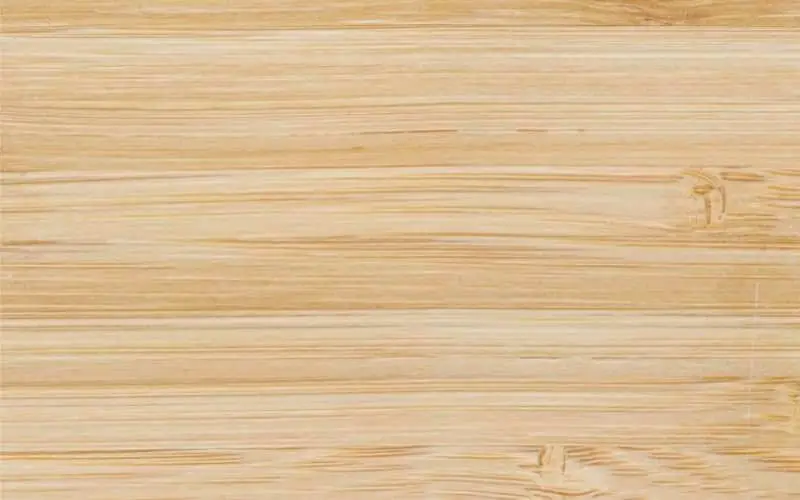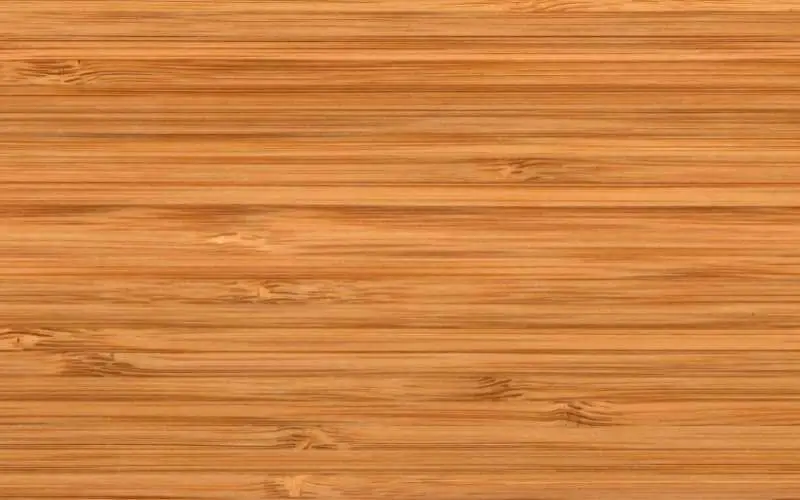Bamboo floors are one of the best flooring types you can get in the market. It is durable, stain-resistant, and also very easy to maintain.
We will be outlining the pros and cons of bamboo floor. The pros of the bamboo floor are that it is environmentally friendly, easy to maintain, and very durable. While its con are bamboo floor are moisture sensitive, prone to scratch, and also has limited styles.
Read on as we throw more light on the pros and cons of bamboo floor.
Related: 5 Best Mop for Bamboo Floors
What is Bamboo Flooring?
Table of Contents
Bamboo flooring is one of the most durable, stain-resistant, and easy-to-maintain flooring. It is quite similar to other Engineered hardwood products but is made in a different way.
Bamboo grass is boiled and steamed to get rid of starches and sugar from the natural plant. It is then made to dry. Then, dried, raw bamboo leaves are chopped, shredded, woven, and finally pressed to get the bamboo flooring material.
Types of Bamboo Floor
Here are the various types of bamboo floors and how they are manufactured.
1. Horizontal and Vertical Bamboo Floor
This involves slicing the cylindrical stalks into strips, then gluing the strips together with force. Then you mill the produced logs into flooring planks. If the planks are milled with the bamboo grain, the following result is called vertical bamboo.
Then, if they are milled across the grain, the following result is known as horizontal bamboo.
2. Strand-Woven Bamboo
About a decade after bamboo flooring became known as a flooring type, a new method of production of the bamboo floor followed it up. It was called the strand-woven bamboo.
In this production method, the stalks are mashed by boiling and are then divided into fibers. They are then ladled into a resin, where they are meshed together. The material formed is way harder than the horizontal and vertical bamboo.
It is said that of all types of bamboo, the strand-woven bamboo is by far the hardest and also more costly than the rest.
3. Engineered Bamboo
The Engineering bamboo plank is made up of a 2-4 millimeter coating of bamboo covering plywood of a softwood body. This sort of Engineering flooring was manufactured due to the dwindling forest resources.
But then, it later turned out that it has a key advantage ahead of solid flooring. It can be milled into floating floors like laminate floors. It is equally user and budget-friendly. It also doesn’t warp easily when compared to other bamboo flooring types.
Pros and Cons of Bamboo Floor
Below are the pros and cons of bamboo floor.
Pros of Bamboo Flooring
Here are the advantages of bamboo flooring.
1. It Is Environmentally Friendly
Bamboo floors are known as grass. It grows and develops in a 5 to 7 years cycle. It can also be harvested without having to go through the stress and rigor of replanting.
This makes it different from the normal hardwood that is made from rock maple, oak, and other important historical trees that need about 20 years or more to mature for harvesting.
2. It is Easy to Maintain
One of the known advantages of bamboo floors is that they are easy to maintain. In most cases, all you need to do is just sweep and vacuum the bamboo floor. Just this simple cleaning and maintaining routine would suffice.
You can also periodically clean the bamboo floor with a bamboo floor cleaner or a mild soap and a cleaning solution. These steps would help keep the bamboo floor at its optimum.
Read: 5 Best Mop for Bamboo Floors
3. Refinishing Potential
Though the bamboo floor is scratch-resistant, but that doesn’t make it immune to scratches. In a situation where it scratches or discolors you can refinish the surface of the bamboo floor by sanding it down. Then you can apply a new coating seal.
If you refinish the surface of the bamboo floor it would bring a new, fresh look to the floor. It would also help protect the floor from future damage.
But you should also know that other bamboo floors can be refinished excerpt from engineered bamboo flooring.
4. It is Very Durable
You can place bamboo floors in areas with high foot traffic like the entryway, kitchen, and living room because it is very durable. It can naturally resist abrasion caused by foot traffic and fallen objects.
It is even more so for the strand-woven floors as it can create an interlocking pattern far more formidable than any flooring type.
5. It is Easy to Install
This solely depends on the type of bamboo floor used. For floating bamboo planks you can install them using the click-lock pattern. This pattern is very easy and doesn’t need a professional hand to be accomplished.
This process is also known to be time-saving and efficient. It also allows the floor to expand and contract, depending on the state of humidity.
6. It is Pest-Resistant
It is naturally common for bamboo floors not to harbor pests. Even during the harvest period, you would rarely have the need to make use of pesticides.
The chemicals used while treating bamboo floors make it hard for pests to permeate them.
Cons of Bamboo Flooring
Here is the downside of bamboo flooring. We also gave a few tips on how to maximize its weakness.
1. It Can Be Prone to Scratch
One of the downsides of bamboo floors is that they are not entirely scratch-resistant. It is even more so for carbonized bamboo floors; they are more susceptible to scratches.
To prevent scratches on the floor, you can place pads and casters under the furniture. Also clean and vacuum your floor regularly to prevent dirt and grit.
2. It is Not Versatile
The bamboo floor despite being popular is not really made in varying shapes, sizes, and colors. Though it can fit into any home decoration, due to its limited style it might not suit the taste of buyers.
3. It is Moisture Sensitive
Another downside of the bamboo flooring is that it is susceptible to moisture and humidity. Moisture affects it even more than hardwood floors.
If the bamboo floor is installed in a place with severe humidity, the floor is likely to swell and buckle from moisture. In dry areas, the bamboo floor might shrink due to the absence of moisture.
Read: Pros and Cons of Cork Flooring
Conclusion
Like every flooring type, bamboo flooring has both its strength and weaknesses. And we did well to highlight and give a detailed list about the pros and cons of bamboo floor.
In this post, we showed both the pros and cons of bamboo floor and we hope it was of immense value to you.

